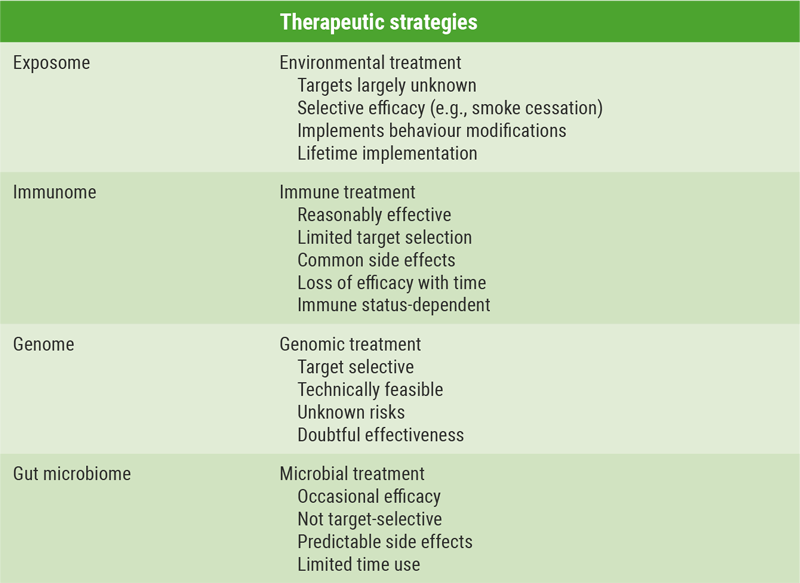Researchers examined data on 2,917 IBD patients with COVID-19, including 764 (26.2%) who experienced new GI symptoms. Overall, 29.4% of patients with active disease reported new GI symptoms, compared with 23.3% of patients in remission.
New GI symptoms were not associated with an increased risk of death from COVID-19, researchers report in Inflammatory Bowel Diseases.
"SARS-CoV-2 can infect the GI tract and it is possible that IBD patients may have a predisposition to COVID-19 manifesting with GI symptoms," said lead study author Dr. Ryan Ungaro of the Icahn School of Medicine at Mount Sinai in New York City.
"An increase in GI symptoms in an IBD patient with COVID-19 may not indicate underlying worsening of the IBD but could very likely be a manifestation of COVID-19," Dr. Ungaro said by email. "Further research is needed to understand if COVID-19 can trigger a flare of IBD."
Certain patient characteristics were associated with a greater likelihood of developing new GI symptoms, the study also found.
For example, 55% of patients with new GI symptoms were female, 77.1% were white, and 56.4% had Crohn's disease. Most patients with new GI symptoms were on at least one medication to manage IBD (91.1%), with 23% taking TNF antagonist monotherapy and 32.9% taking mesalamine/sulfasalazine.
"Patients on any medication--but in particular TNF antagonist monotherapy--were less likely to report new GI symptoms," the authors said.
In addition, 20.1% of patients with new GI symptoms were taking at least one medication to treat COVID-19.
While 50% of the patients with new GI symptoms were in remission, 20.6% had mild disease, 18.1% had moderate disease, and 5.8% had severe disease, the study also found.
One limitation of the study is the reliance on the Physician Global Assessment (PGA) scoring tool to assess disease activity, researchers note.
Even so, previous research has demonstrated that the intestines offer a susceptible surface for infection by COVID-19.
It is therefore not surprising that GI symptoms are common in patients with COVID-19 -- both with and without IBD, said Dr. Saurabh Mehandru, a principal investigator at for the Laboratory of Mucosal Immunology at the Icahn School of Medicine at Mount Sinai in New York City.
One important take home point of the study is that inflammation should be treated, Dr. Mehandru, who wasn't involved in the study, said by email. Researchers have identified some common molecular pathways between IBD and COVID-19, which means that some of the IBD medications used to suppress inflammation could potentially be useful in COVID-19 as well, Dr. Mehandru added.
Clinicians should also test for COVID-19 infections if IBD patients have new GI symptoms, said Dr. Wai Leung, a researcher in the department of medicine at the University of Hong Kong who wasn't involved in the study.
"It is crucial for clinicians to consider the possibility of COVID-19 infection in IBD patients who presented with new onset of abdominal pain or diarrhea, as treatment will be very different," Dr. Leung said by email. "Instead of empirically escalating immunosuppressive therapies with steroids or biologics, prompt identification of the SARS-CoV2 infection is important."
SOURCE: https://bit.ly/3g0PQNp Inflammatory Bowel Diseases, published online July 28, 2021.
By Lisa Rapaport
Posted on
Previous Article
« Glutaminase inhibitor telaglenastat does not improve survival mRCC Next Article
Dalpiciclib benefits patients with HR-positive, HER2-negative advanced breast cancer »
« Glutaminase inhibitor telaglenastat does not improve survival mRCC Next Article
Dalpiciclib benefits patients with HR-positive, HER2-negative advanced breast cancer »
Related Articles

April 14, 2020
Possible new treatment targets in IBD
© 2024 Medicom Medical Publishers. All rights reserved. Terms and Conditions | Privacy Policy

